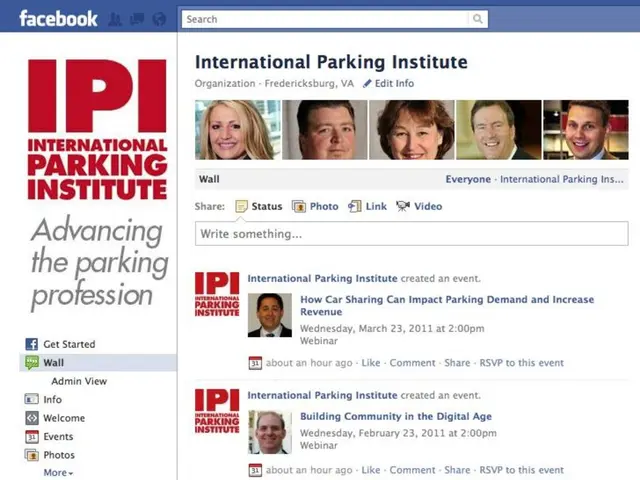Can You Pass These Five Retirement Questions to Determine Your Early Retirement Potential?
Retiring at the age of 55 is a goal that millions of people aspire to, but it's a decision that requires careful consideration. Here are some key factors to keep in mind if you're contemplating early retirement.
Firstly, retiring at 55 may mean doing so without Social Security benefits or Medicare coverage. This means you'll need to self-fund your healthcare for at least ten years until Medicare kicks in. It's essential to work with a financial adviser to understand the impact of healthcare costs on retirement at different ages.
Benjamin Brandall, CFP and CEO/Co-Founder of Retirable, stresses the importance of having a purpose or plan for how you'll spend your time. Retiring at 55 could mean being in retirement for 50 years, so it's crucial to have a clear vision for post-retirement life.
Those retiring early often have significant savings in taxable accounts and alternative income sources. However, unless leaving a job in the year of turning 55 or older, accessing a 401(k) penalty-free requires waiting until 59-1/2.
For some, retiring at 55 means doing so without the daily grind of a full-time job, but not necessarily retiring completely. Others choose to work part-time, consult, or pursue a new career. Working part-time after retiring at 55 can provide income and social engagement, helping to maintain a sense of purpose and routine.
If you don't have enough money, income, or a plan for retirement at 55, consider working a few more years or overhauling your lifestyle. Having a comfortable retirement at any age requires savings, minimal debt, and a clear vision for post-retirement life.
There are related content articles for retiring at different ages, such as 60, 62, 65, 67, and 70, each with their own set of questions to consider. Regardless of the age you choose to retire, it's essential to approach the decision with a realistic understanding of the financial, healthcare, and lifestyle implications.
Some people who retire at 55 choose to travel, pursue a hobby, or simply relax. No matter what your plans for retirement are, remember that the key to a happy retirement is having a purpose and a plan.
In conclusion, retiring at 55 can be a viable option for some, but it's not a decision to be taken lightly. It requires careful planning, financial preparation, and a clear vision for your post-retirement life. If you're considering early retirement, it's worth seeking the advice of a financial adviser to help you navigate the complexities and make informed decisions.




